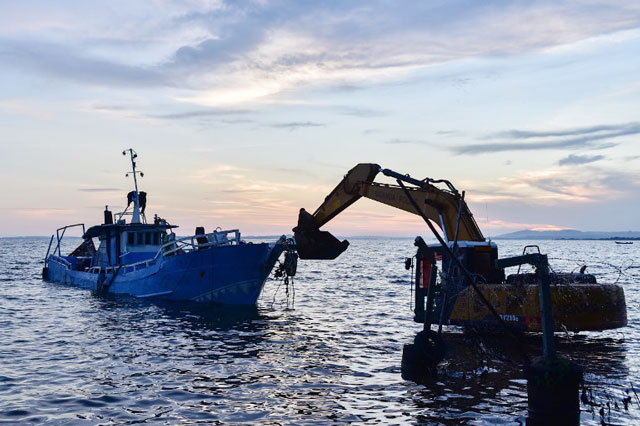
Kampala, Uganda | THE INDEPENDENT | Persons who use inland water bodies have expressed concern over the slow response in the search and rescue operations for people and water vessels involved in water accidents.
They are bothered over police’s emergency communication lines, which are not effective, even after an alert for a capsizing water vessel is sent. The concerns were raised during a workshop on maritime search and rescue, held on Friday at the Fisheries training institute in Entebbe.
James Tabura, one of the concerned participants observed that as a result of its slow response, often times, police are involved in retrieving dead bodies and wrecked water vessels, instead of saving lives.
Robert Lule, an officer of the Police marine department acknowledges that the police lack an emergency communication system for such situations.
“Normally, in case of emergency, one has to call 911 or 112 which message goes to the command centre. After ascertaining the exact location of the incident, such information is disseminated to a nearby marine unit and, by the time we respond, it is usually late to save lives,” explained Lule.
Meanwhile, Winston Katushabe, the commissioner in charge of transport regulation and safety says that the ministry is in the final stages of establishing a multinational Lake Victoria Maritime communication and transport project.
The project stems from a fact that despite being the largest lake in Africa and accommodating a fleet of 70,000 vessels, Lake Victoria lacks any alert or rescue systems. The African development bank estimates that up to 5,000 people die in the lake each year, due to the absence of rescue systems.
As part of its safety-of-life communications system for Lake Victoria, countries that share the lake will share a USD 25-million multinational project loan to extend a Global System for Mobile Communications-GSM networks on the lake and the creation of 22 rescues centers in Tanzania, Uganda and Kenya, contributing to save lives and stimulate business for the benefit of the economy of the entire Lake Victoria basin.
Henry Ategeka, the acting Principal Maritime Inspector says that the maritime rescue coordination centre shall coordinate all entities and stakeholders who use the water bodies, especially lakes.
“We want to solve that challenge of delayed communication flow, whereby, once an emergency call is made, we immediately disseminate such information to any of our nearby centres that shall be spread across, on different islands and water bodies,” guaranteed Ategeka.
Last year, Police Director of Operations Asuman Mugenyi decried that MV Templar, a marine Vessel that capsized with more than 100 people on board had no communication systems that would help the operators to call for rescue. More than 25 people died in the accident.
Ategeka notes that apart from the main maritime rescue coordination centre which is to be situated in Entebbe, there shall be other sub-centres on shores of Lake Kyoga, Lake Albert and several islands across the country.
Julian Rweju a senior business analyst under the National Information Technology Authority (NITA) assured that internet servers are already in place to provide a hosting environment that will enable smooth operations of the maritime rescue coordination centre.
******
URN
 The Independent Uganda: You get the Truth we Pay the Price
The Independent Uganda: You get the Truth we Pay the Price



